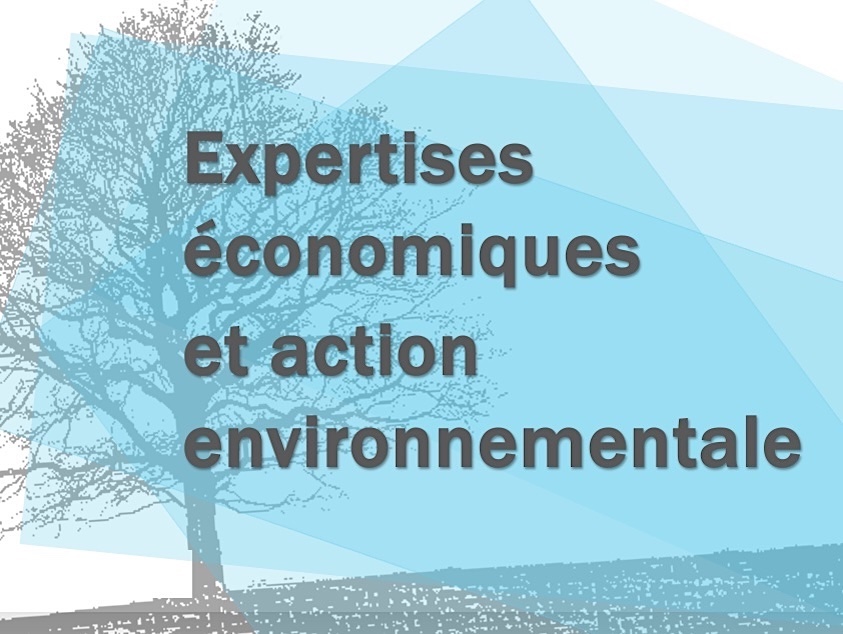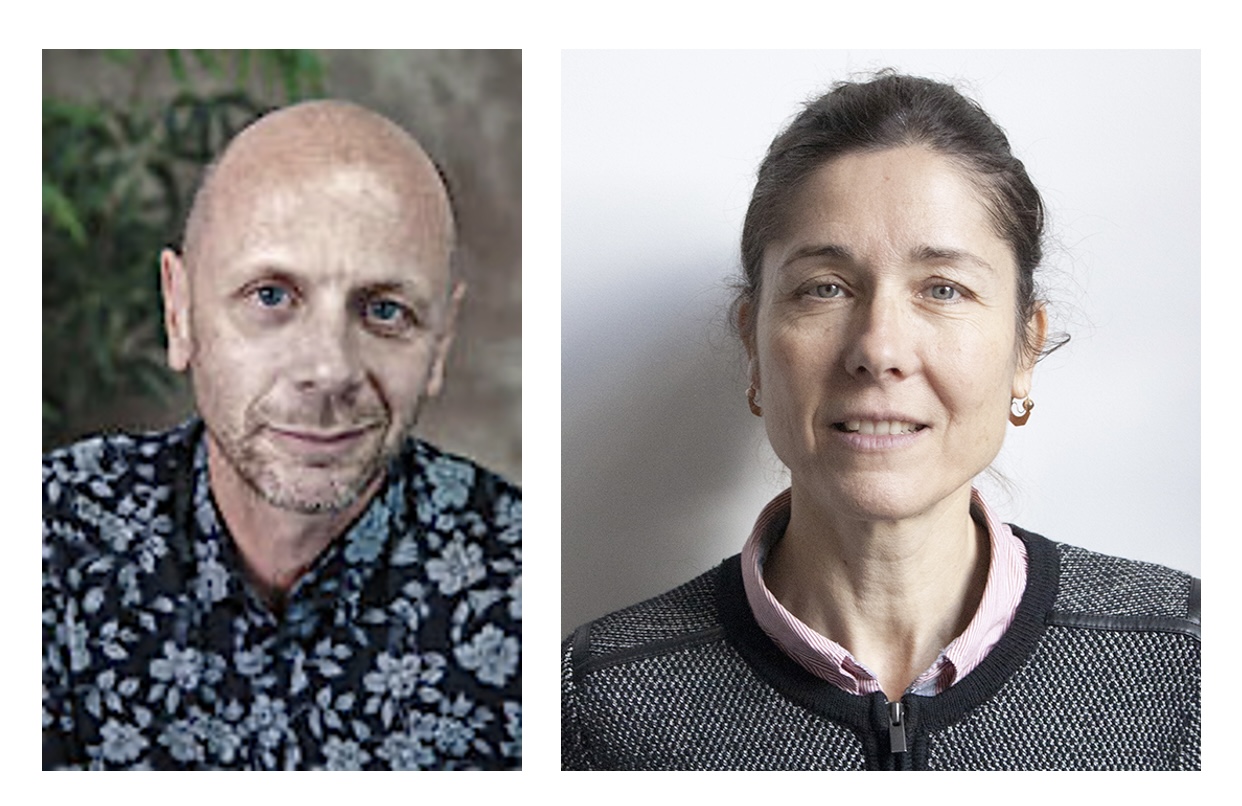

The seminar “Economic expertise and environmental actions” will welcome
Isabelle Arpin et Estienne Rodary
Environmental zoning
This session will explore biodiversity conservation in protected areas (what we call “environmental zoning”). What kind of territorial development does this generate and what are the mechanisms of knowledge production? What value can be attached to the environment? We welcome :
Estienne Rodary (GRED, IRD) – Conservation, how many connections? Towards a renewal of biodiversity conservation policies
Conservation policies occupy a special place in the environmental arena. They were among the first protective measures introduced at a time when ecological concerns were marginal. But now that the environment has become a global issue, they struggle to compete with other concerns. In the first case, conservation had been constructed as a specific sector, designed to protect certain remarkable spaces. In the second phase, the conservation sector has attempted to “come out of its shell” and engage more broadly with all human activities that have an impact on the biosphere. Various policies and instruments bear witness to this attempt at openness: biodiversity, commons, ecosystem services, compensation, participatory policies, prioritization tools, ecological frameworks, etc.
In short, conservation is now fully engaged with its connections to the world. If the environment cuts across the whole of the social issue, then what place can or should be given to biodiversity conservation? The shift from an interest in isolation to a preoccupation with connections defines not only conservation policy, but also environmental issues, the paper will show. More broadly, a politics of connectedness could represent a structural shift in how modern societies relate to the natural world.
This paper is largely based on the book Rodary E., 2019, L’apartheid et l’animal. Vers une politique de la connectivité, Éditions Wildproject, Marseille.
Isabelle Arpin* (LESSEM, INRAE) – Protected areas as border zones. The example of an area ‘strictly protected for science’: the Lauvitel integral reserve (France)
Drawing on recent research in the history of the field sciences, environmental history, political ecology and the philosophy of space, this paper analyses protected areas as border zones. We define border zones as zones, i.e. ‘portion(s) of the Earth that differs from what surrounds (them) because of some special quality but with the capacity to function for and as a whole’ (Etelain, 2023), which are traversed by different objectives. We examine the dispositifs that constitute protected areas as border zones by composing the objective of nature conservation with other objectives. Our reflection is fuelled by the case study of a ‘strictly protected area for science’: the Lauvitel integral reserve within the Écrins national park (France), which we studied through documentary analysis, two in-depth interview campaigns conducted in 2011 and 2024, and observations of scientific activities within the reserve. We show that several complementary dispositifs contribute to making the reserve a strictly protected area for science: a dispositif that regulates access to the reserve, operating mainly along its boundaries; a dispositif that adapts scientific activities to align with the objective of conservation within the reserve; and a dispositif that allows the reserve to exist beyond its boundaries, through the establishment of facilities on its outer edge and the cultivation of reserve imaginaries. We highlight that dispositifs of conservation are also dispositifs of composition, exploiting and accentuating differences across space. Our approach to protected areas as border zones enriches previous studies that have focused on dispositifs of conservation as ways of governing human and non-human life.
* Research carried out with Quentin Bouchu and Kewan Mertens (CSI)

Isabelle Arpin is a sociologist and researcher at LESSEM (Laboratoire Écosystèmes et Sociétés En Montagne) at the INRAE center in Grenoble. Her research, which lies at the intersection of environmental sociology and the sociology of science, focuses on the study and management of nature in the Anthropocene, and in particular on the interface between scientists and nature managers.
Estienne Rodary is a geographer and IRD research director at the UMR GRED (Governance, Risk, Environment, Development). His research focuses on biodiversity conservation policies, protected areas and political ecology, initially in Africa and more recently in the Pacific.
Information and registration

The session will also be streamed by videoconference. The link will be sent upon registration just before the seminar.
The seminar is open to all. Please register here to participate in this session.
Contact: Béatrice Cointe, Kewan Mertens or Alexandre Violle
Find out more about the programme
Photo sources : Isabelle Arpin, Fondation pour la recherche sur la biodiversité. Biographie Estienne Rodary, IRD.







